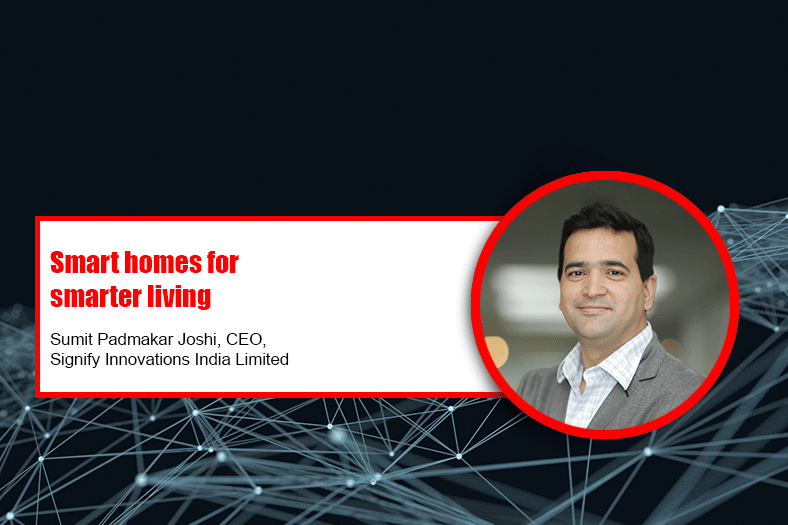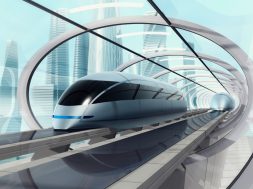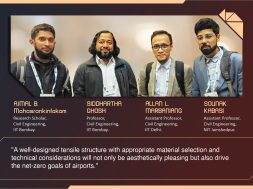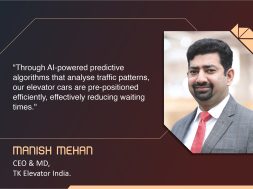Smart homes for smarter living

A precise symbiosis of AI and home automation is all set to makes our homes smarter says Sumit Padmakar Joshi, CEO, Signify Innovations India Limited.
Today technology pervades every aspect of our life. We are equipped with smartphones, smart TVs, smart cars, smart appliances and smart homes. From being just a concept few years back, the word ‘smart’ has gradually evolved into a world of its own. Modern consumers now have access to intuitive technologies and virtual assistants, which can remind them about daily chores, plan their day and operate their appliances amongst other things. These assistants have also enabled the entry of home-automation in the country, allowing people to control all their smart gadgets like TV’s, lights and domestic appliances using just their voice.
The adoption of home automation in India is still at a nascent stage but steadily increasing, owing to growing internet penetration and availability of a wide range of smart home products in the country. Tech-savvy consumers nowadays prefer owning homes that are equipped with connected gadgets like lighting, consumer durables and home automation that can complement their tech-enabled lifestyle.
Rise of the virtual assistant
Controlling your world from the palm of your hand is no longer a fable. By integrating modern technologies in our daily life, we are not only creating the future, but also liberating ourselves from mundane tasks to create time for newer experiences. These assistants have allowed home-automation to soar to new heights by monitoring and grasping regular information and giving it a new form of meaning.
With smart voice controlled virtual assistants like Amazon Alexa, Google Home and Apple Siri,a consumer can control a lot of applications in their smart home with voice commands. All you have to do is ask.So, whether it is scheduling your smart appliances such as air-conditioners, water heaters, or customizing your Philips Hue smart lights to turn on just in time to welcome you home from a long day at work, everything is possible.
Smart is Conscious
Switching the lights and appliances on/off might seem trivial at first, but the introduction of sensors and Wi-Fi enabled technologies have offered us a smart way to control our electricity consumption and reduce wastage.By integrating intelligent networks and energy-efficient appliances into everyday living, our homes are not only becoming smart but also more sustainable. Artificial Intelligence (AI) can monitor the electricity consumption of various appliances in your home to ascertain over-usage owing to technical faults or overdue maintenance. Whether it is the usage of smart plugs or smart night-lights, which turn on automatically through motion sensors, every small effort goes a long way in energy-conservation, thereby making our future better. Wi-Fi enabled bulbs like Philips Smart WiFi LED bulb can be easily scheduled to turn on or off at designated timings using a mobile app or voice assistants.
Smart is Safe
For most working couples, connected home security is the answer to living a carefree and secure life. The amalgamation of technology at every juncture of our life has made uniform control and monitoring possible, thereby creating a safe and secure environment. Many popular smart home devices, including security cameras work with Philips Hue to turn on the lights the moment any movement is detected.Homeowners can now have access to wireless door locks and gas leak detectors or schedule automatic sprinklers to turn on through Internet Protocol (IP). Philips Hue can even randomize a typical light usage to mimic the owner’s presence even if they are away from home.
Smart is the new healthy
Wellness is the basis of all efforts we make to improve our lives and smart homes provide us with just the right tools to enable it. Smart devices can track data like levels of noise, lighting, temperature, humidity and indoor pollution in a home. For instance, a homeowner can ask Siri to get an update on the ‘health’ of the room, or just set up the Home Coach that can send them SMS alerts and recommendations about turning on their humidifiers or air purifiers when the pollution or humidity levels in their home increase, which is especially useful for asthma or allergy patients.
It is also imperative to note that wellness is also influenced by our body’s natural circadian rhythms (day night cycles). All living organisms on earth exhibit circadian rhythms, which are biological cycles that repeat themselves on a daily basis and are regulated by environmental signals, the most important one being the natural 24-hour light-dark cycle.
Studies have shown that our body’s circadian rhythm is influenced by exposure to light, and hence we need a different light setting for every part of our day. During daytime while we work on our laptops, bright white light can help us concentrate better. At night, we need softer and dim yellow light to help us relax and get ready for sleep. Using smart lights like Philips Hue, you can create the perfect setting for every part of your day and enhance your well-being.
While designing a smart home, one can opt for as much or as little automation as required. As we make further strides in technology, a large plethora of options in terms of applications, appliances, devices and controllers will be made available to us to help design our smart home of the future.
Cookie Consent
We use cookies to personalize your experience. By continuing to visit this website you agree to our Terms & Conditions, Privacy Policy and Cookie Policy.









